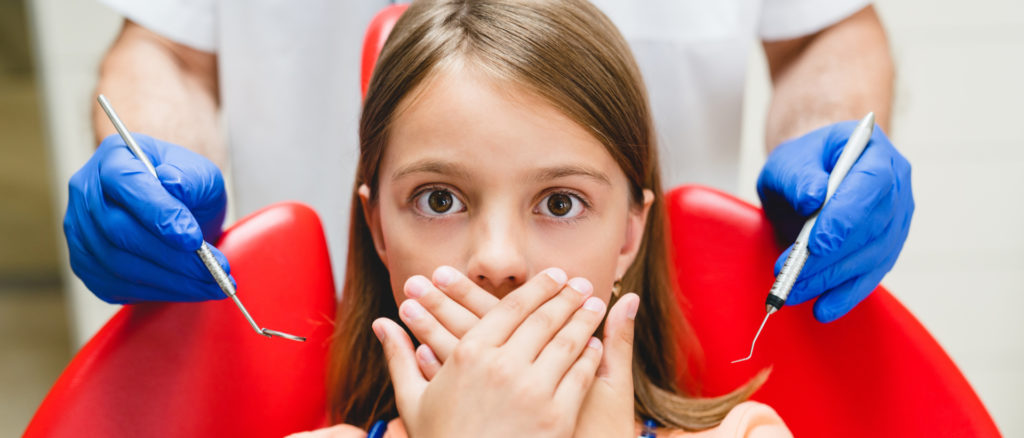 28 Jul 2022
28 Jul 2022
Health experts have expressed fears over missed mouth cancer cases, as patients struggle to access routine dental appointments.
Dentists routinely carry out examinations and checks for oral cancer during regular appointments to increase the chances of diagnosing and treating symptoms early. Since the pandemic, there have been issues with accessing appointments and a recent report by the BBC revealed that 90% of UK dental practices are not accepting new NHS adult patients.
Across the country, more and more people are struggling to make appointments and experts are concerned that there could be a surge in mouth cancer cases diagnosed at an advanced stage.
Dr Jane Wilcock, chair of the Royal College of General Practitioners North West Faculty, explained that many patients who have symptoms of mouth cancer aren’t aware until they are spotted at routine appointments. As fewer patients are able to access non-urgent dental checks, the number of cases diagnosed at an early stage could decrease and patients could fall through the net. Early diagnosis is key, as it can increase the chances of survival by up to 90 percent.
If dentists detect possible warning signs of oral cancer, they can refer patients for more tests and investigations. Without routine appointments, cases will go undetected until patients experience more severe or advanced symptoms. At this point, there is a higher risk that cancer cells have spread and this will impact the prognosis.
During the pandemic, surveys suggested that patients were reluctant to make appointments because of the risk of infection and a desire to avoid putting more pressure on health and dental services. For many, especially those with dental anxiety, going to the dentist during the Covid outbreak was also a more daunting proposition. Since infection rates have fallen and vaccinations have become widely available, more patients have come forward but many are experiencing difficulties getting appointments.
BBC researchers found that in some parts of the country, up to 98% of practices don’t have NHS places available for adults. Some patients have been told they could be waiting longer than two years for an appointment if they don’t want to pay for private dental care.




